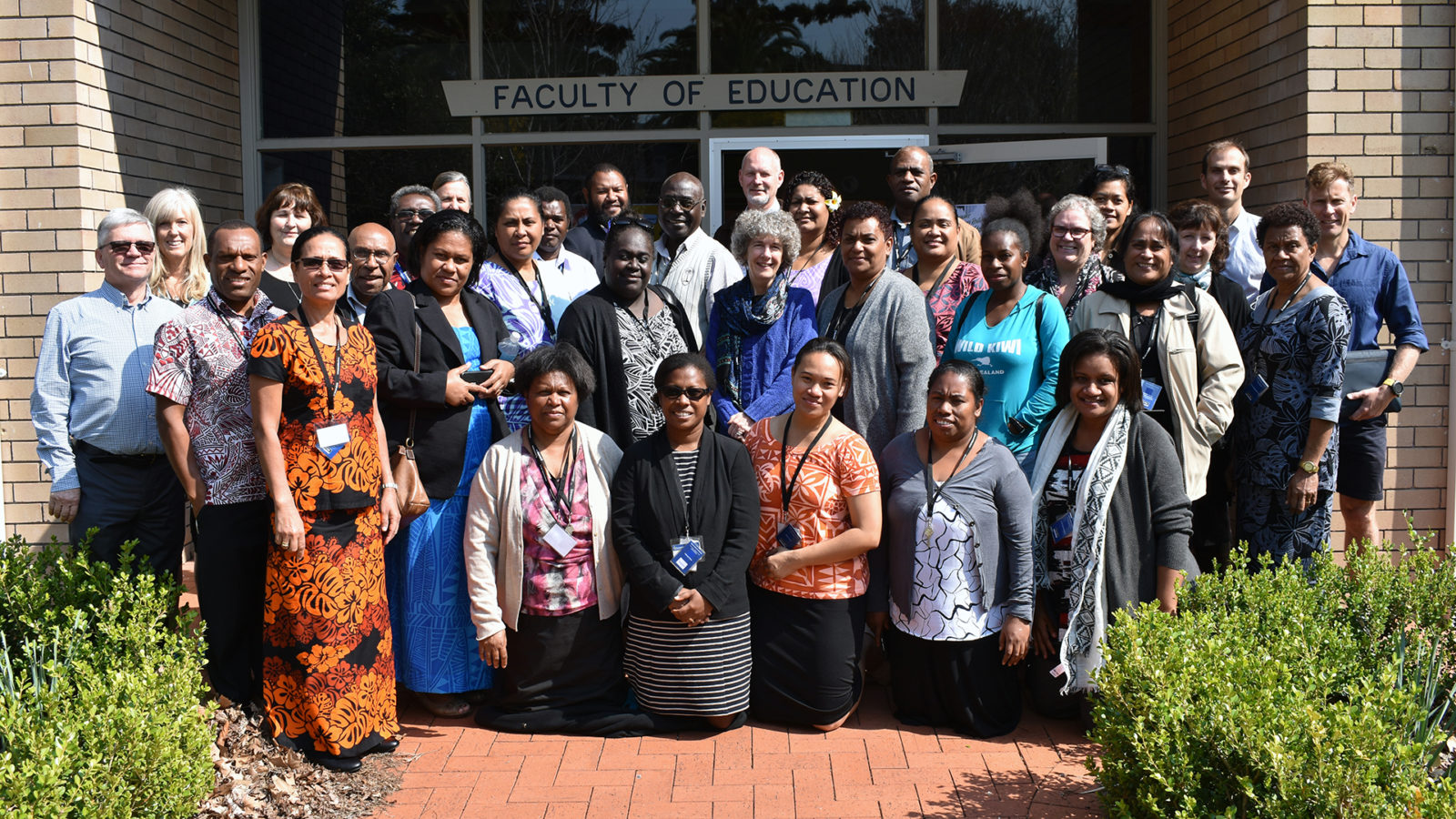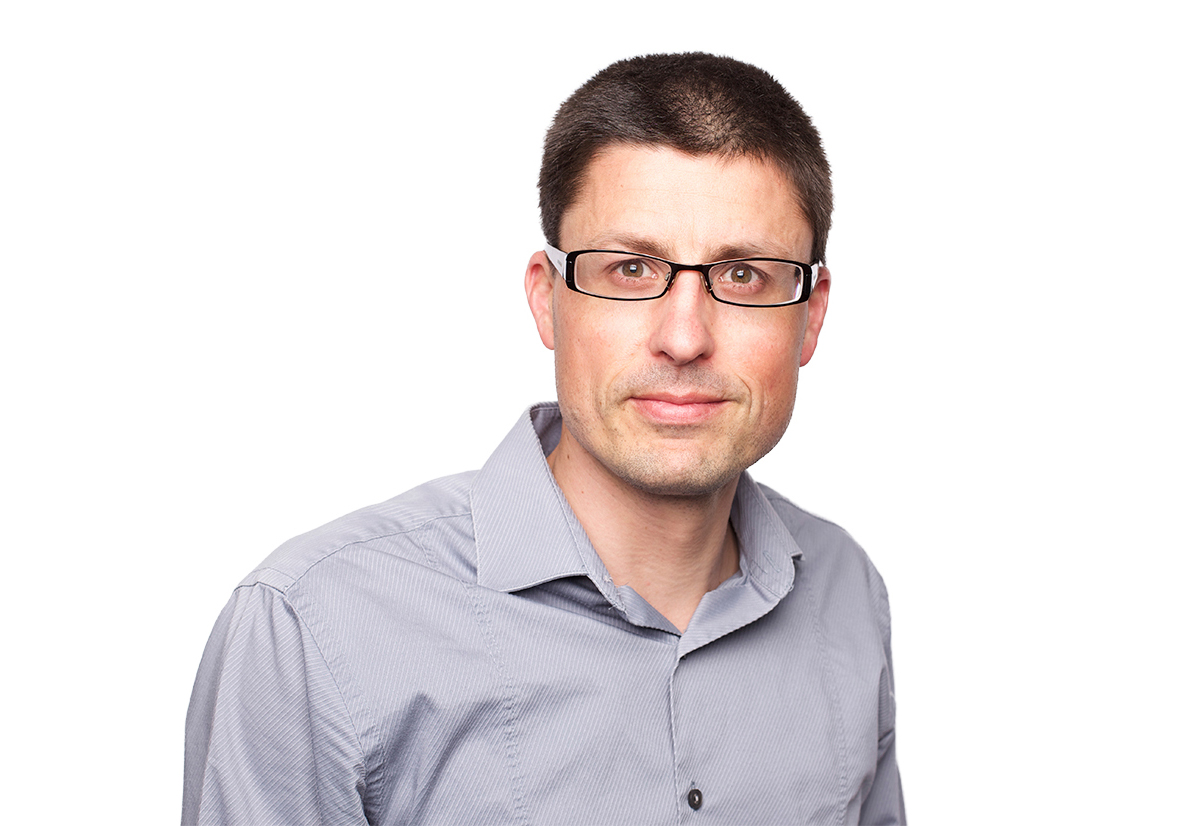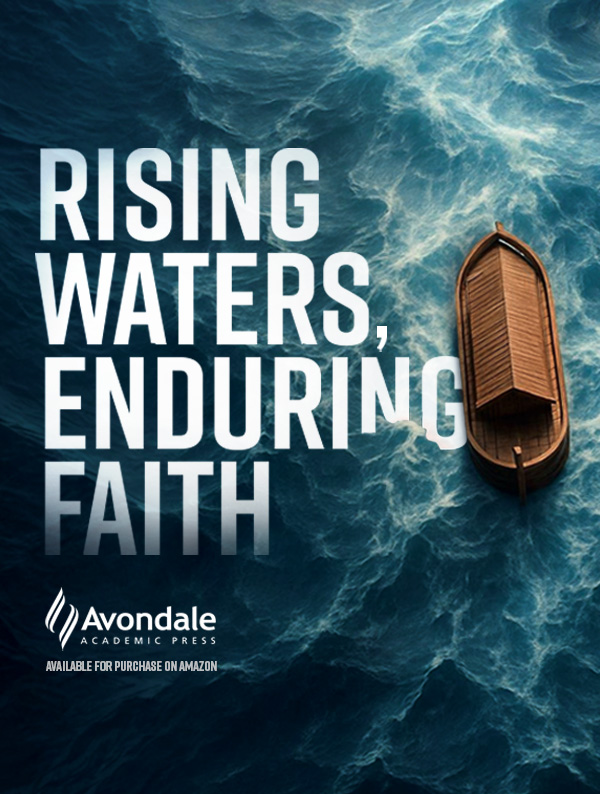Teacher educators at Seventh-day Adventist tertiary institutions across the South Pacific will seek to collaborate on development and research after attending an inaugural conference.
Academics from Pacific Adventist University and Fulton and Sonoma Colleges and education administrators from the Church’s South Pacific-based unions travelled from Fiji and Papua New Guinea to join their Australian and New Zealand-based colleagues at Avondale College of Higher Education, September 9-11.
Initiated by the Church in the South Pacific on the recommendation of the Adventist Tertiary Network—comprising the heads of the Church’s five tertiary institutions plus the directors of education for the Church’s unions—but hosted by Avondale on its Lake Macquarie campus, the conference sought to share and strengthen teacher education programs. “Because the Church doesn’t have a large higher education network, we sometimes feel we’re working in splendid isolation,” says co-convenor Beverly Christian, head of the Discipline of Education at Avondale. “But the bringing together of four teacher education institutions created the sense of a sisterhood.”
The sharing of findings from research helped, too, with the conference featuring about a dozen 20- and two dozen five-minute presentations. The variety of the research, and the young age of the researchers, impressed Dr Carol Tasker, director of Adventist Education for the Church in the South Pacific. “As teachers become more confident in research, they’re more confident in leading students in their research,” she says. “Good teaching comes out of good research.”
The personal connections with colleagues who had ceased being strangers may see Pacific Adventist University collaborate with Associate Professor Maria Northcote, course convener for the Master of Education (Research) at Avondale, to improve the mentoring and supervising of research students. Dr Peter Beamish, a senior lecturer in the Discipline of Education, may gather data from the three institutions for a wellbeing profiler he has developed. And delegates spoke in general terms about a potential collaborative project: discovering what people perceive a Christian teacher to be.
Keynotes speakers Dr David Williams of Harvard University and Dr Darren Morton and Dr Carolyn Rickett from Avondale encouraged delegates to innovate, care for their wellbeing and listen generously.
Dr Williams shared strategies for making Adventist schools more affordable, suggesting perhaps churches could return to the practice of helping parents pay fees and schools could lower costs by creatively managing larger classes while maintaining learning outcomes. He also challenged educators to meet the needs of the increasing ethnic diversity in Adventist churches. [pullquote]
Dr Morton presented his keynote while leading delegates on a walk around Sandy Creek on the Avondale Estate. All delegates received a free copy of Dr Morton’s new book, Live More Happy.
Dr Rickett applied her understanding of connection in a healthcare-associated counselling context to education. She gave each delegate a stuffed fabric heart, similar to the ones given to doctors as a reminder they are dealing with people not just patients.
The convenors weaved wellbeing into the conference program—other initiatives included a daily exercise timeslot and games in the auditorium with physical education and health lecturer Wendy Herman.
Spirituality featured, too, of course, with each institution leading a worship. One by campfire on the banks of Sandy Creek featured the sounds of South Pacific voices wafting through the night air. Another featured an ensemble performance of a song composed by one of the delegates.
Mele Vaihola attended the conference in her role as associate director of Adventist Education for the Church in the Trans Pacific. She describes the sharing of research findings, the collaboration and the networking as “a blessing . . . as we prepare teachers to be conversant, capable and committed for now and for eternity.”






